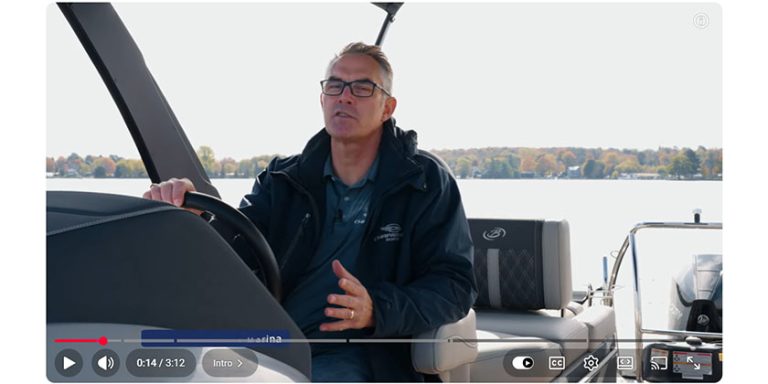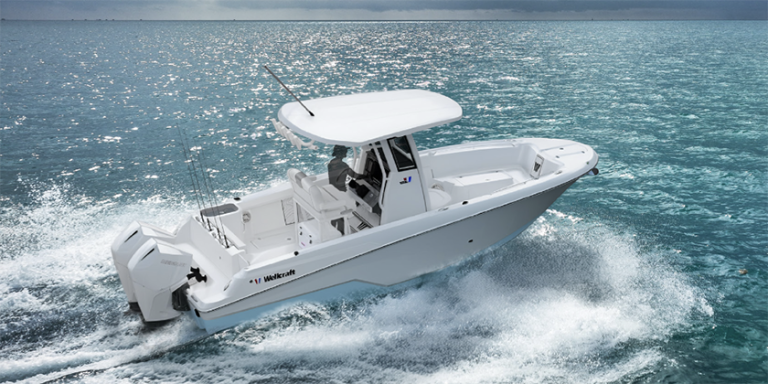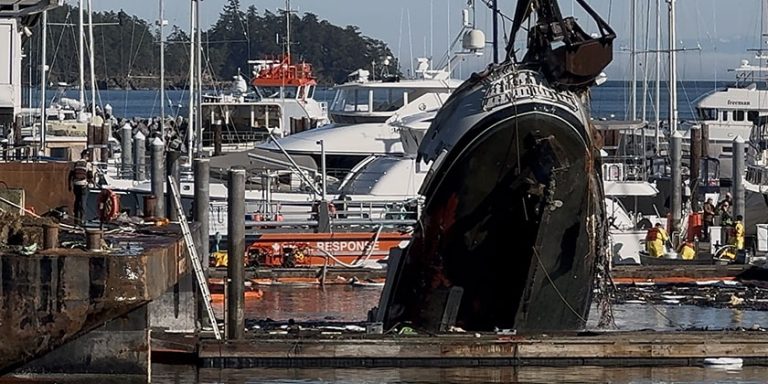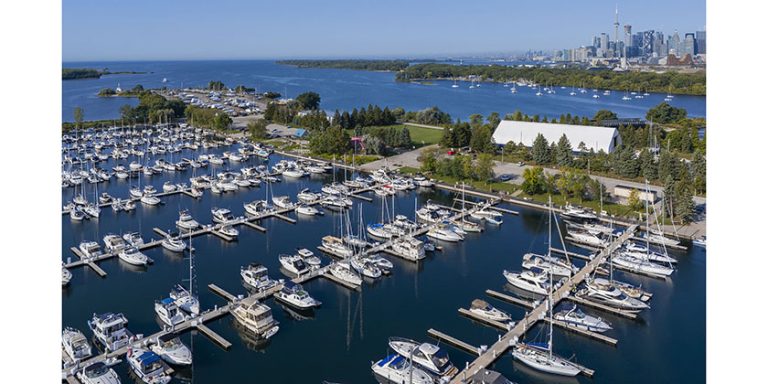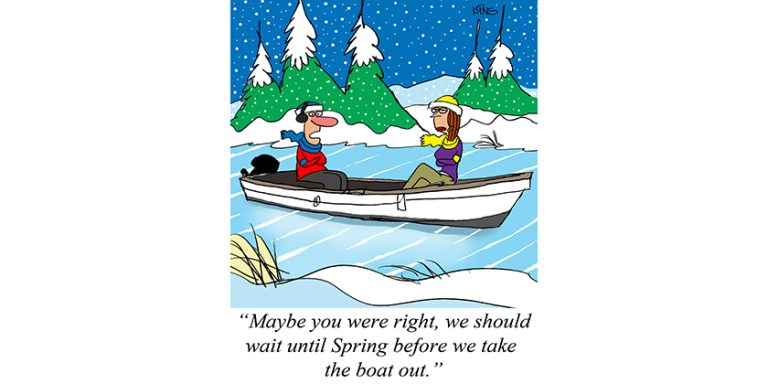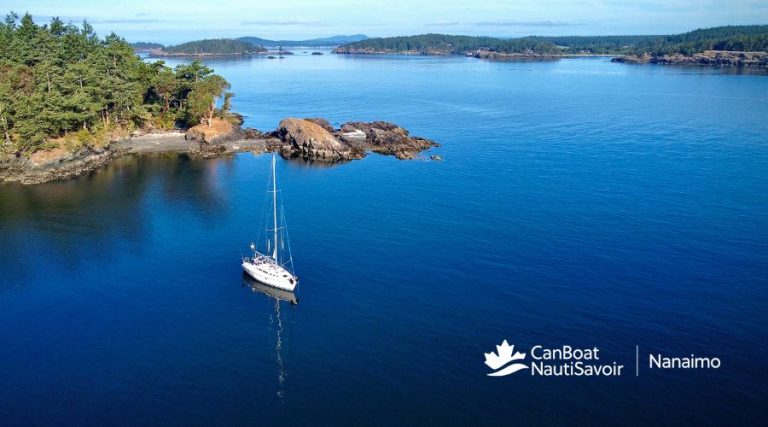Responsible Boating—Training and Upskilling in the Off-season.
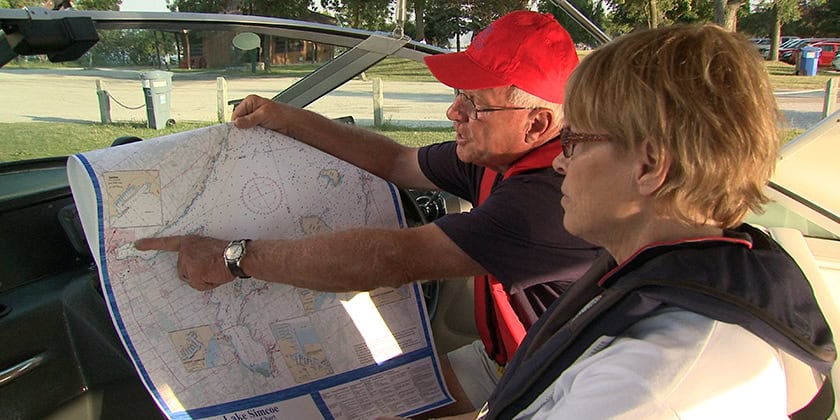
Seeking advice from local boaters can help you familiarize yourself with new waterways.
Nov 7, 2024
By Mathew Channer
Growing up by the sea and then spending my adult life working on it, many of my favorite memories were formed on the water, from childhood fishing trips to trans-Pacific crossings. Boating, whatever your flavor, is a joyful activity that for many of us will be some of the best times of our lives. It certainly has for me.
And yet, in both my professional and recreational boating life, I have also witnessed or been involved in many marine incidents, some of them near-misses, others that turned into catastrophic disasters.
The core of this is not that boating is unsafe. Boating is an inherently safe and fun activity that, like many activities, comes with risks that must be managed to make it safer and even more enjoyable. Most of the serious events I have seen in my career could have been avoided had the people involved appropriately managed the risk. Running aground can be prevented by understanding charts, conditions, currents and tides. Collisions would almost never occur if every vessel kept an effective lookout, maintained safe speed, and knew the rules of the road.
The Covid years saw an influx of recreational boating in Canada, and there are more vessels using our lakes and waterways than ever before. Unfortunately, this does not appear to have been equaled by an increase in safe and respectful vessel operation. Small lakes in particular are becoming an aquatic no-man’s-land as a host of inexperienced and untrained boaters descend upon them every season. There is ample room on Canadian waterways for everyone to enjoy boating. It is even more enjoyable when done with proper risk management and with confidence that you will make it home safely. As more boaters head onto the water and safety threatens to become a glazed-over issue, how should we, the boating community, respond?
Legislation? Or Education?
The government is approaching the issue of safety on the water with proposed (and controversial) legislation on mandatory PFDs, and some areas are tightening up their Vessel Operating Restriction Regulations (VORRs). But speed limits on our waterways and mandatory wear on every size of vessel does not address the core problem the way that education perhaps can. Wearing a PFD does not inherently make someone a smarter or wiser boater. That can only come from training and experience, and by understanding that boating requires a certain level of engagement to make it a safe recreational activity.
Training—the Perfect Winter Pastime
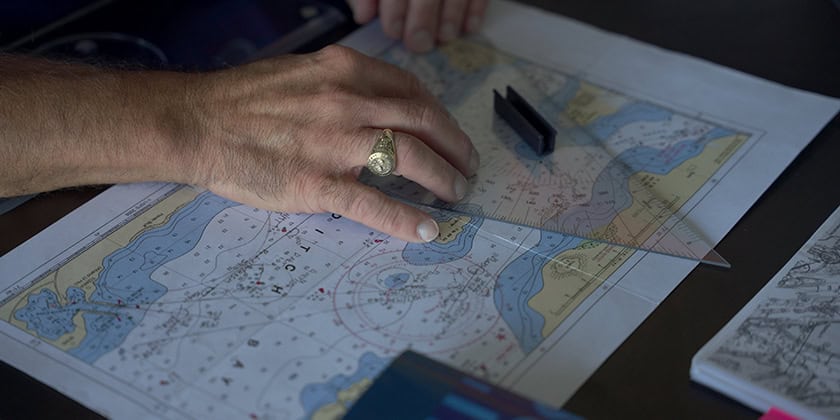
Accidents happen. But they will happen less and be better contained when the people involved have the appropriate training. In Canada, winter routinely brings a reluctant end to our days on the water, yet it also brings a unique seasonal opportunity to improve our knowledge, skills and equipment for the year ahead. It’s a chance to take a breath and reflect, not just on how much fun we had, but on how we performed as boat owners and operators and consider how we can do even better next year.
This “training” doesn’t have to involve a huge outlay of time and money, either. Safety training for boating shouldn’t be a one-size-fits-all model, and fortunately today it isn’t. We are lucky in Canada to have many different marine safety courses to choose from, allowing us to tailor our training for the kind of boating we love best. For example, CanBoat offers courses on boat handling, weather, radio operation, navigation and much more. (Boaters can also find free digital resources like collision regulations and small vessel regulations.) Much of this can be completed online and self-paced, making it easier than ever before to get the knowledge and skills you need on the water. If you’ve got vessel-handling experience but find yourself scratching your head in the engine bay, consider a course on engine maintenance. It might be what keeps your motor running and gets you home when you otherwise would have been stranded. Or, if you’re ready to take your boat from your local lake to a more serious waterway, prepare yourself with a course on near-shore navigation and learn about tides, currents, and specific skills for vessel handling in poor weather. These are the kind of skills that won’t just get you out of a serious situation, they’ll help you avoid the danger altogether.
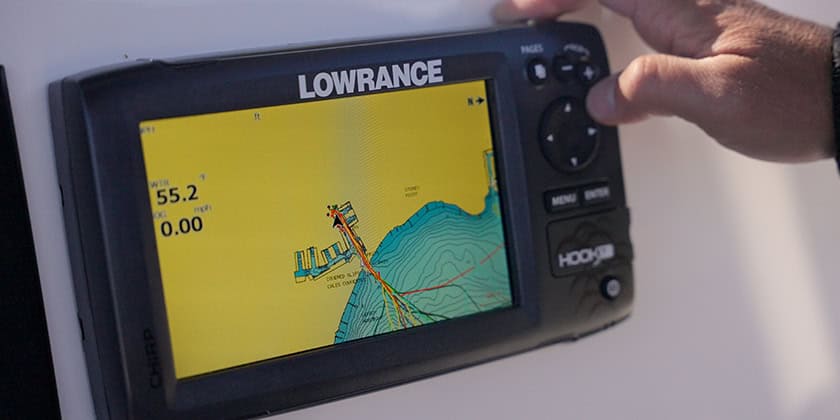
Watch and Learn
Before I took out my father-in-law’s boat this summer, I carefully watched how he tied up on his dock and quizzed him on prevailing winds. Have I tied up small boats before? Thousands of times. But on this lake, with these weather patterns? I was situationally inexperienced. We also discussed local navigational hazards, of which there are surprisingly many on Lake Eugenia, some marked, some not. In one 5-minute conversation, I benefited from a lifetime of knowledge about this lake from a seasoned local. Smarter, safer boating is often as simple as knowing when to pause, think, and ask for advice. It is a rare boater who will not give help when asked. Seeking guidance is something I have done many times both professionally and recreationally, and it has always made my boating experiences simpler, safer and far more enjoyable.
Safe Boating is Everyone’s Responsibility
Safer boating in Canada is a ground-up effort that everyone should take part in, because making your boat and your practices safer means making the water safer and more enjoyable for everyone. New boaters have the most to learn, but experienced boaters also have a role to play in keeping their knowledge and skills fresh and setting an example for new entries to the sport. Together we can make our waterways safer and more enjoyable for all, and this happens off the water as much as it does on the water. The looming winter months, when all you want to do is get back out there, are the perfect opportunity to level up your skills, for yourself, for your boating friends and family, and for Canada’s on-water community.
This off-season don’t just spend your days on land pining to be back on your boat. Seize the opportunity to become a better boater and make your next season safer and more fun!
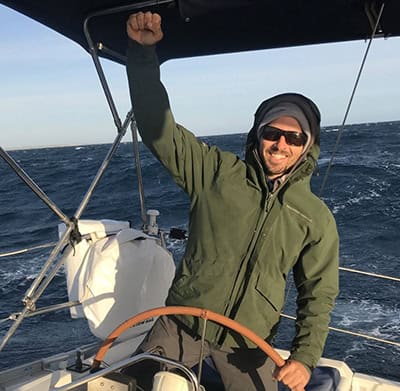
Our newest team member, Mathew Channer, is an Australian writer and professional mariner with over 16-years experience working offshore. He recently moved to Georgian Bay, Ontario, to be with his Canadian life-partner. He is looking forward to spending more time on freshwater and contributing to Canada’s boating community.

